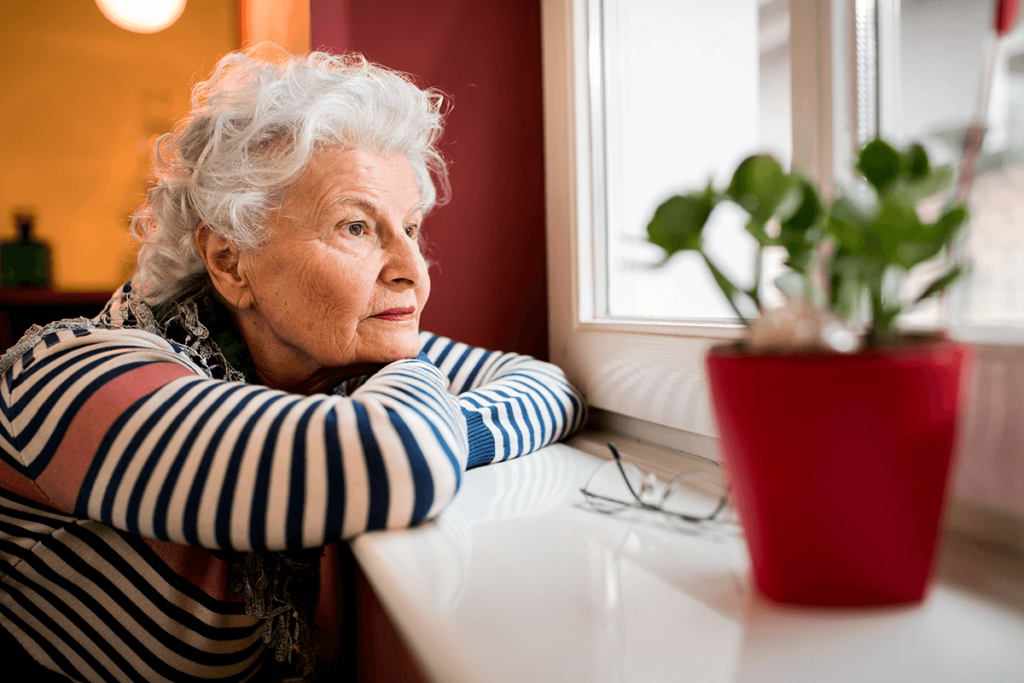
Would you agree that we are living in unprecedented times? The COVID-19 virus has shut down how we normally live our lives. But it’s also a time to reflect. To remember that not everybody is the same and some people might be more vulnerable because of this situation.
In many ways, this is not something that has been brought about because of COVID-19. There are always vulnerable people in the community. Many of us simply get on with our lives and possibly don’t give them a second thought. What makes this different, are the number of people affected and the fact we have more time on our hands.
What do we mean by vulnerable people?
Before COVID-19, a vulnerable person would be anyone unable to look after themselves without additional help and support. Where we find ourselves today, the term is used to identify people who are at a greater risk of catching and becoming seriously ill with the virus.
It has forced many active and healthy individuals to self-isolate as a result of government guidelines. Care workers in the community, such as Age Care Advice, are still supporting patients who need additional support. But we must realise, because of self-isolation being forced on us, there are now many more vulnerable people in our communities who need help.
The impacts of self-isolation
It could be an individual or a couple who are self-isolating. Their liberty has been curtailed and they are stuck in their homes for a significant period. This is going to have an impact on their mental and physical health.
The feeling of isolation can lead to increased sadness, a feeling of being forgotten whilst the world is carrying on outside your door. This can result in a lack of motivation to do even simple tasks or take regular daily exercise. It can also make you restless, losing the ability to concentrate and settle on a task. Ultimately this will lead to a feeling of loneliness. An emotional state that will be very detrimental to your health.
You can stop people feeling lonely
If you look at your situation, you are likely to have more time on our hands. You aren’t travelling around, your work may have slowed down and social activities have been stopped. So, why not spare a thought for those in your community who have even less than this. Quite simply the four walls they live in and minimal contact with the outside world.
They might be worried about how they are going to survive and whether anyone remembers them. Without communication, your whole world becomes a lot smaller and your mind starts to run through various ‘doomsday’ scenarios.
Taking a positive stance is something you can do. There are lots of things you can take on board as part of your community to help others. Start with your neighbours or the street you live in. The sad thing is you may not even know who is vulnerable in your community but now is the time to find out.
Talk to those individuals you do know and ask if you have a local volunteer group set-up. You may have village notes or a magazine that will give you the details. If you’ve never looked at these before now is the time to start.
There is also a website COVID-19 Mutual Aid which if you enter your postcode, it will tell you where your nearest group is. If there isn’t a group in your area and you want to go a step further, then why not set-up a group and mobilise your community. This website will tell you how to go about doing this.
The actions you can take for others
The activities you can undertake for others are simple. It will just involve your time which is something many of us have in abundance now.
- Going to the supermarket and buying essentials. You can drop these off on their doorstep, ring the bell and have a conversation from a distance.
- Arrange to pick up medications which can reduce stress levels and if there are any concerns you can speak to the local medical practice.
- Have a chat over the telephone, just hearing someone’s voice can have a huge impact and is very reassuring.
- For those who communicate online, why not set-up a video call, Facebook or WhatsApp have features to enable you to do this.
- Now that the weather is better and we have more daylight hours, you can simply have a conversation over the wall, fence or hedge. Check everything is ok and if they need anything.
You can’t give anybody a hug, but these activities will feel like a ‘virtual’ hug to them. Don’t underestimate the power of these actions. If a vulnerable person knows someone is looking out for them, that will be a big boost for them.
In many ways, the COVID-19 situation is a wake-up call for all of us. Today, right now, it’s all about your local community and doing what you can to help. Something that might have been lost in our busy lifestyles. But if you make the connections now you should try and make sure it continues and becomes part of what you do. The new normal rather than going back to the way things were.
What have you been doing in your local community since ‘lockdown’, can you share any of your experiences?
